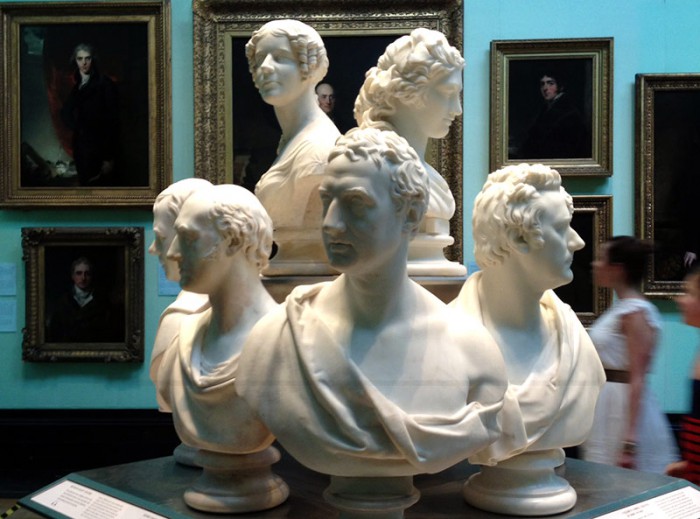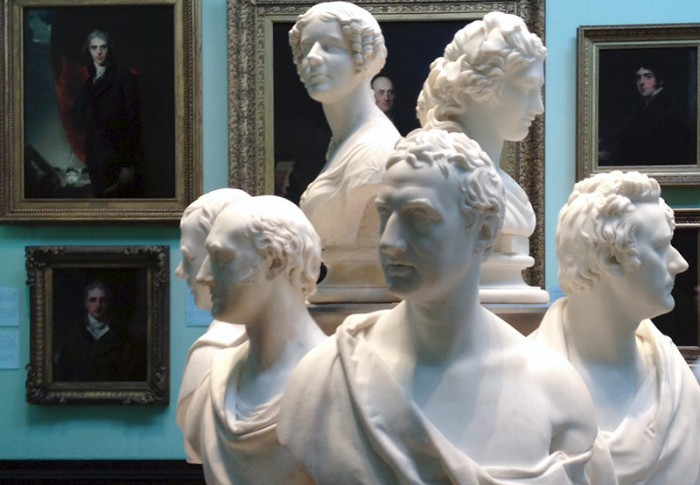21st October 2015
Two Hundred Years in Search of a Cup of Tea: Diplomacy 1815-2015


Each week I take the UK seat at the OSCE Permanent Council in the Hofburg, imposing former Hapsburg imperial seat, where I recently read, the 1815 Congress of Vienna ‘danced the night away, 200 years ago, shaping post-Napoleonic Europe almost as an afterthought’.
History records an impressive social whirl around the lengthy negotiations. 201 years ago this week Vienna mounted an elaborate ‘Festival of Peace’ with military parades, pantomimes, fireworks and dancing. But I doubt that Metternich, Wellington, Razumovsky or Talleyrand saw the future of Europe as a sideshow. A bicentenary display in the Foreign and Commonwealth Office in London focuses on its defining documents. Our National Portrait Gallery is also kinder, crediting then British Foreign Secretary Lord Castlereagh (pictured), with promoting diplomacy by conference.
The comprehensive security remit of the OSCE – which retains features of the preceding Conference on Security and Cooperation in Europe – echoes the famously broad 1815 agenda. Modern diplomats though lack the dash and glitter of the Emperors and their emissaries – I have yet to dance the night away in support of the OSCE’s three political dimensions.
It is not only global communication and greater public scrutiny that have changed the trappings of international diplomacy. One visible difference is the presence of women at the top table. In 1815, the best option for a few, ambitious women was to be an influential salon hostesses. Now many Ambassadors are women. (Incidentally, of the 1815 participants, present UK and French OSCE delegations are headed by women, with Germany fielding two women deputies.
Gender is not the only profile change. British ambassadors at least used to need a substantial private income to expend on diplomatic objectives and international prestige. These days we are far more diverse socially – and can expect to be paid.
Another important difference is the international cast list. Gone are the days when a handful of ‘Great Powers’ decided the fate of smaller states and peoples. At the OSCE the smallest state has an equal right to be heard, and representatives of civil society also find a platform.
The way diplomats work has changed significantly even over my career. As Ambassador to Prague one of my most widely read blogs described the quaint, lingering etiquette I encountered on joining HM Diplomatic Service.
The modern multilateral world of bilateral dialogue, multilateral coordination and plenary debate may seem mundane compared to the intrigue (and bed hopping) of 1815. The functional fittings of the OSCE tea bar lack the elegance of a Biedermeier salon. But personal relationships remain an important part of our pursuit of security and stability. I think though that UK taxpayers would prefer to know that we spend most of our day developing them in meeting rooms.
It may be an apocryphal tale that the Austrian Emperor’s spies in 1815 reported on the British delegation complaining about the difficulty of finding a decent cup of tea in Vienna. But I like the idea that some priorities have remained constant over the centuries.